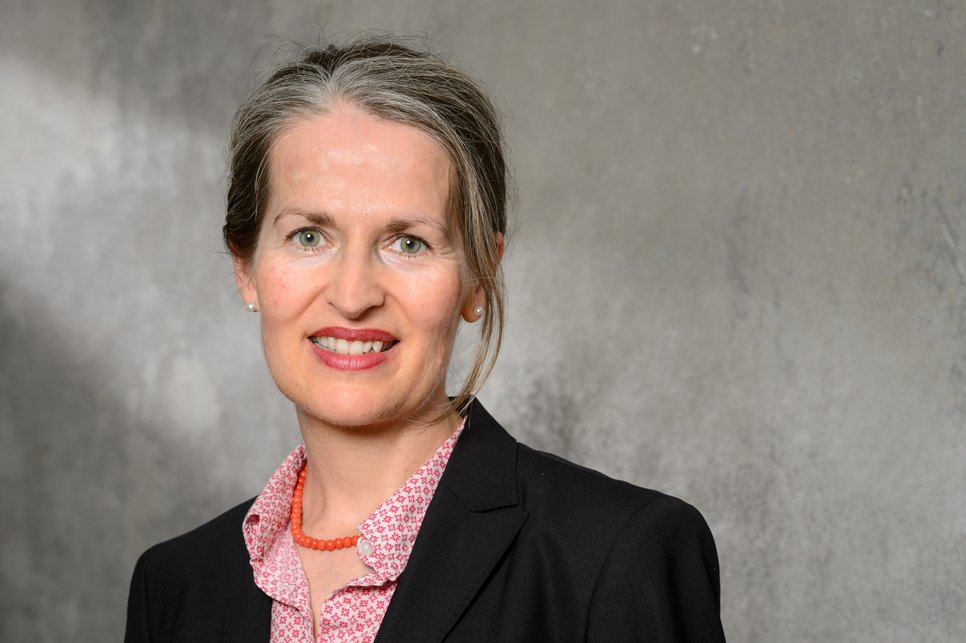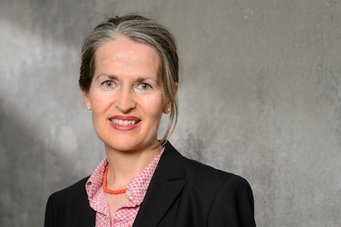Anne Röthel appointed as Director at the Institute
Anne Röthel has been appointed Director by the Max Planck Society at the Max Planck Institute for Comparative and International Private Law and will assume her position in the directorate as of 1 January 2024. She succeeds Reinhard Zimmermann, who retired in 2022. The internationally renowned legal scholar previously held the Chair of Civil Law, European and Private International Law at Bucerius Law School, where she will remain active as a professor.

Prof. Dr. Anne Röthel studied law and political science at the University of Cologne and at the Université de Clermont-Ferrand. After being awarded her doctorate from the University of Trier following completion of her constitutional law dissertation, she earned her post-doctoral degree at the University Erlangen-Nürnberg based on her Habilitation thesis focused on legal theory. Since 2004 she has instructed and conducted research at Bucerius Law School in Hamburg. She has received and declined professorial offers from the Universities of Zürich and Bochum. “The appointment of Anne Röthel as new Institute Director is a true stroke of good fortune. We are delighted to welcome a highly respected scholar who, with her international and interdisciplinary research agenda in the field of family law, will forge new paths with her team,” said Holger Fleischer, Managing Director at the Institute.
Röthel is director of the Notarrechtliche Zentrum Familienunternehmen (Center for Family Businesses) at Bucerius Law School and heads the Interdisciplinary Legal Research Program. Since 2010 she has regularly served as guest professor at the Université de Paris II Panthéon-Assas. In 2014 she was the Lady Beaufort Visiting Fellow at Lady Margaret Hall, University of Oxford.
Her research focuses primarily on questions arising in the areas of family law and inheritance law, drawing on comparative and socio-legal perspectives. Other topics of interest include the notion and significance of autonomy in law, the relationship between private law and public law, and the benefits of interdisciplinarity for legal scholarship and legal education. Her most recent research addresses current debates on emancipation and explores the dogmatics and discourse relating to bodily self-determination.
